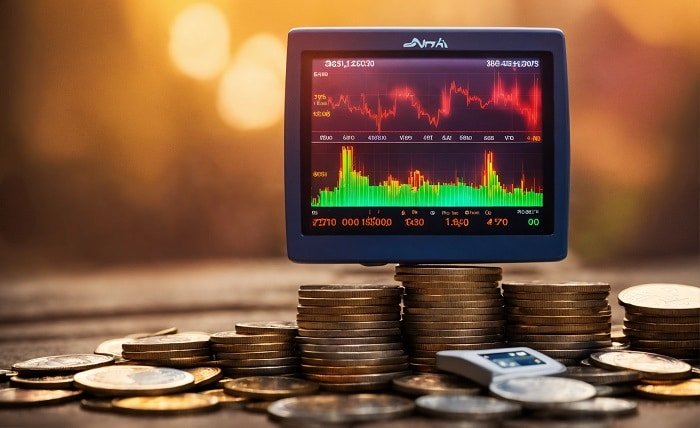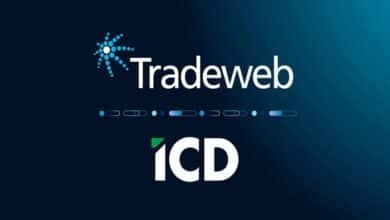
Introduction:
In the world of global finance, wholesale foreign exchange plays a pivotal role in facilitating international trade and investment. Understanding the intricacies of wholesale FX is essential for businesses operating on a global scale. In this guide, we delve into the fundamentals of wholesale foreign exchange, exploring its significance, key players, strategies, and benefits.
Wholesale Foreign Exchange
Wholesale foreign exchange refers to the market where large financial institutions, corporations, and governments trade currencies in substantial volumes. Unlike retail FX, which caters to individual traders, wholesale FX involves high-value transactions executed at interbank rates.
Importance of Wholesale FX
Wholesale foreign exchange is the lifeblood of global commerce, enabling businesses to conduct cross-border transactions efficiently. It provides liquidity, price transparency, and risk management tools essential for international trade and investment.
Key Players in Wholesale FX
The wholesale FX market comprises various participants, including commercial banks, investment banks, central banks, hedge funds, multinational corporations, and institutional investors. These players engage in FX trading to meet their respective business objectives, such as hedging currency risk or generating profits.
Strategies for Wholesale FX Trading
Successful wholesale FX trading requires robust strategies tailored to individual risk profiles and market conditions. Common strategies include hedging, speculation, arbitrage, and carry trades, each designed to capitalize on currency fluctuations and market inefficiencies.
Benefits for Businesses
Businesses engaging in wholesale foreign exchange enjoy numerous benefits, including competitive exchange rates, efficient fund transfers, enhanced liquidity, and effective risk management. By leveraging wholesale FX services, businesses can optimize their international financial operations and improve profitability.
Risk Management in Wholesale FX
Managing currency risk is paramount in wholesale FX trading. Businesses employ various risk management techniques, such as forward contracts, options, and swaps, to mitigate the impact of adverse exchange rate movements on their bottom line.
Factors Influencing Wholesale FX Rates
Wholesale FX rates are influenced by a myriad of factors, including economic indicators, geopolitical events, central bank policies, and market sentiment. Understanding these factors is crucial for making informed trading decisions in the volatile FX market.
Regulatory Landscape
The wholesale foreign exchange market operates within a regulatory framework designed to ensure transparency, stability, and integrity. Regulatory bodies such as the Financial Conduct Authority (FCA) in the UK and the Commodity Futures Trading Commission (CFTC) in the US oversee FX trading activities and enforce compliance with relevant laws and regulations.
Emerging Trends
Advancements in technology, such as algorithmic trading, artificial intelligence, and blockchain, are reshaping the wholesale FX landscape. These innovations offer opportunities for increased efficiency, transparency, and accessibility in FX trading.
Future Outlook
The future of wholesale foreign exchange is marked by continued innovation, regulatory evolution, and geopolitical dynamics. As businesses navigate the complexities of the global economy, wholesale FX will remain a cornerstone of international finance, facilitating seamless cross-border transactions and driving economic growth.
Conclusion:
Wholesale foreign exchange is a cornerstone of the global financial system, enabling businesses to conduct cross-border transactions efficiently and manage currency risk effectively. By understanding the fundamentals of wholesale FX and adopting sound trading strategies, businesses can harness its potential to optimize their international financial operations and drive growth in an increasingly interconnected world.
FAQ:
1. What distinguishes wholesale FX from retail FX?
Wholesale FX involves large-volume transactions between financial institutions, corporations, and governments, while retail FX caters to individual traders. Wholesale FX offers interbank rates and specialized services tailored to institutional clients.
2. How do businesses benefit from wholesale foreign exchange?
Businesses benefit from wholesale FX through competitive exchange rates, efficient fund transfers, enhanced liquidity, and effective risk management tools. These benefits enable businesses to optimize their international financial operations and improve profitability.
3. What are the key risk management techniques in wholesale FX?
Key risk management techniques in wholesale FX include forward contracts, options, swaps, and other derivatives. These instruments help businesses mitigate the impact of adverse exchange rate movements on their bottom line.
4. How do regulatory bodies oversee wholesale FX trading activities? R
egulatory bodies such as the Financial Conduct Authority (FCA) and the Commodity Futures Trading Commission (CFTC) oversee wholesale FX trading activities to ensure transparency, stability, and integrity in the market. They enforce compliance with relevant laws and regulations to protect investors and maintain market integrity.
5. What are some emerging trends in the wholesale FX market?
Emerging trends in the wholesale FX market include advancements in technology, such as algorithmic trading, artificial intelligence, and blockchain. These innovations offer opportunities for increased efficiency, transparency, and accessibility in FX trading, shaping the future of the industry.





